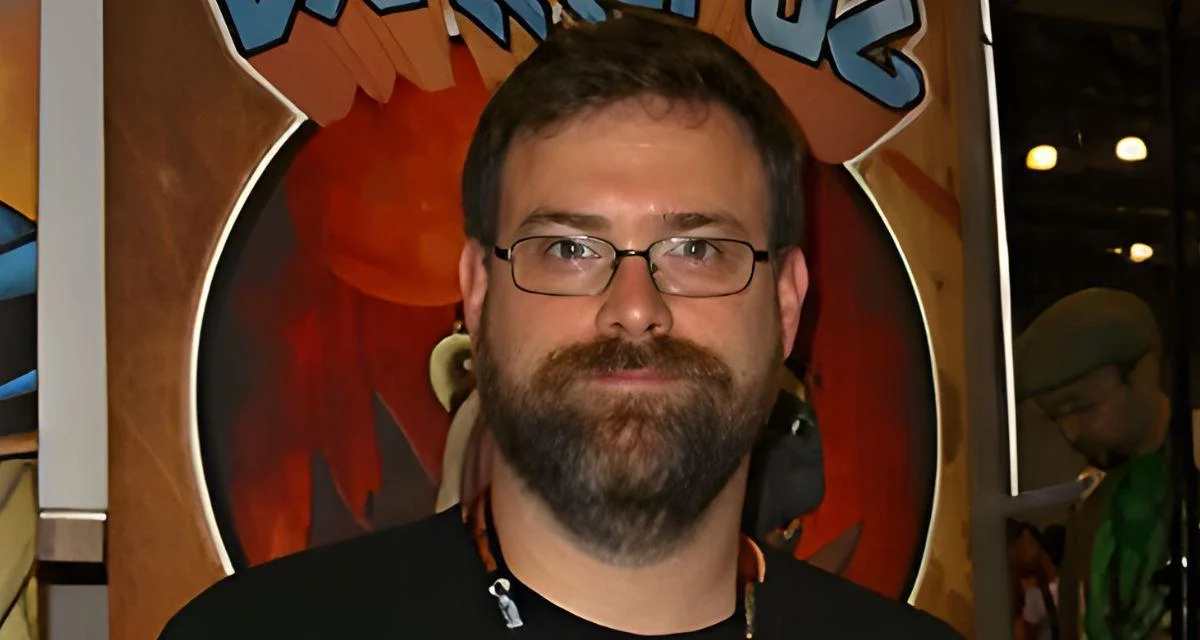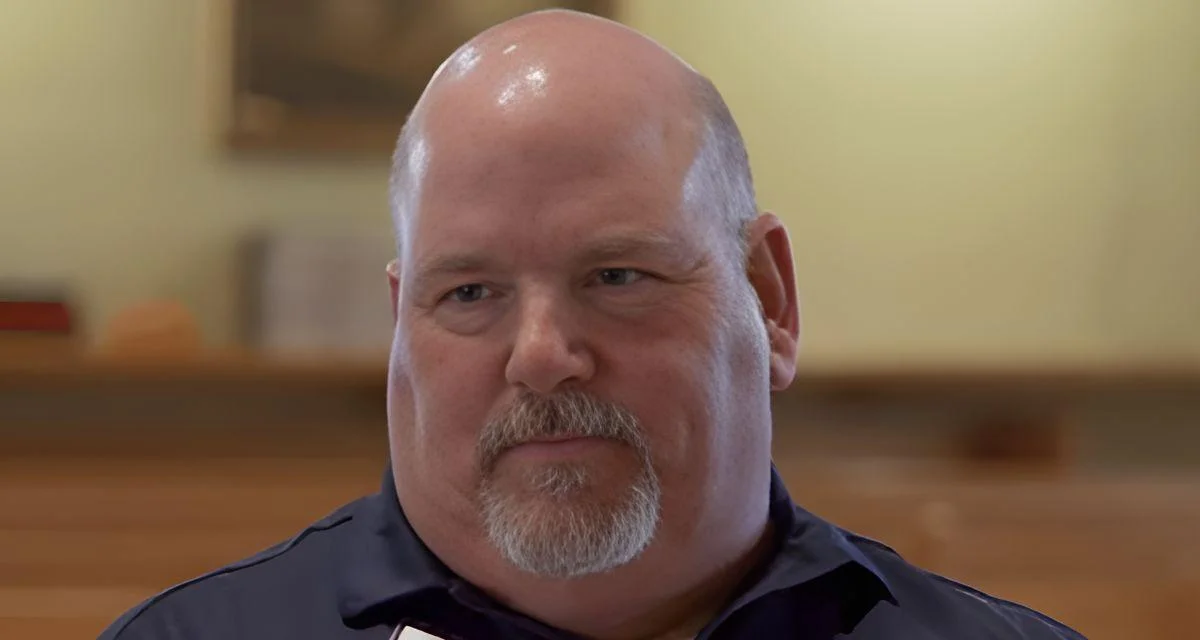Northlight Theatre’s Artistic Director BJ Jones recently interviewed playwright Steven Dietz about his adaptation of Patrick Hamilton’s classic thriller, Gaslight. The conversation focused on Dietz’s motivation for reimagining the play, the enduring relevance of its themes, and the state of contemporary theatre.
Dietz explained his long-standing interest in stage thrillers and shared that he had previously premiered How a Boy Falls at Northlight in 2020. He described Gaslight as “the gold standard of stage thrillers” and expressed gratitude for being allowed to update the original work with the support of the Hamilton estate. “I have an enduring obsession with thrillers for the stage, and have been fortunate to write and premiere several of them – including How a Boy Falls at Northlight in 2020. I’ve long believed that Patrick Hamilton’s Gaslight (originally titled ‘Angel Street’) is the gold standard of stage thrillers. With the support of the Hamilton estate, I was granted the chance to renovate and update the existing play, while hewing closely to the remarkable twists and turns in the original. It’s been a delight and an education to do so,” Dietz said.
Jones asked about the term “gaslight,” noting its modern usage as a pejorative term. Dietz responded by highlighting its origins: “Its meaning is not just embodied by the play; the phrase itself came from the play. Though it has now become ubiquitous, the notion of ‘gaslighting’ started with this 1938 play in which a husband is trying to make his wife think she is going crazy. The eerie, flickering gas-flamed lights in the play are used to signal both Bella’s suspicions and her devastating fears. In 2022, eighty-one years after the play premiered on Broadway, ‘gaslighting’ was named the word of the year by Merriam-Webster.”
The interview also touched on Dietz’s inclusion of comedic elements within his adaptation. Dietz noted, “I agree with you about that ‘release.’ Let me come at my answer this way: Gaslight is not a drama; it is a thriller. The difference means that there is a consciously heightened sense of urgency and danger. It is this same heighted quality that frees the story to have moments of comedy, however desperate the situation. Sergeant Rough, as written, is a fundamentally comic character – who just happens to be on a deadly serious mission. Finally, much of this play operates on our empathy for Bella’s dire situation. And there is nothing more empathic than humor.”
When asked about changes in theatre and how to engage future generations, Dietz expressed optimism but also acknowledged ongoing challenges: “First off: our generation has not finished its work. There are still substantial plays and projects for us to contribute, with the gifts of hard-won experience and expertise on our side. Secondly: the next generation of artists are ready. I’m confident on that front. They have vision and moxie and boatloads of ambition. We just need to keep the theatres open.”
He reflected on how periods of societal pressure have historically produced significant works in American theatre, stating: “Great art is fundamentally reactionary; it is forged – like a rare diamond – from the exertion of great pressure. Our society is under extraordinary pressure right now, but I think of the landmark American plays that were forged by the great Depression, the civil rights movement, the AIDS epidemic, and other threshold moments in our culture.” Dietz emphasized theatre’s unique role as an art form centered on gathering people together: “This is a ‘gathering’ art form, standing alone in an increasingly remote and privately-curated culture. I am confident that the audience’s hunger to gather – to cry, shout, laugh, or mourn together – will endure. I am confident that we have the creators who can bring us together.” He concluded with a reminder: “[Remember: when autocrats come to power they don’t lock up the accountants. They lock up the artists.] We just need to keep the theatres open.”
 Alerts Sign-up
Alerts Sign-up






